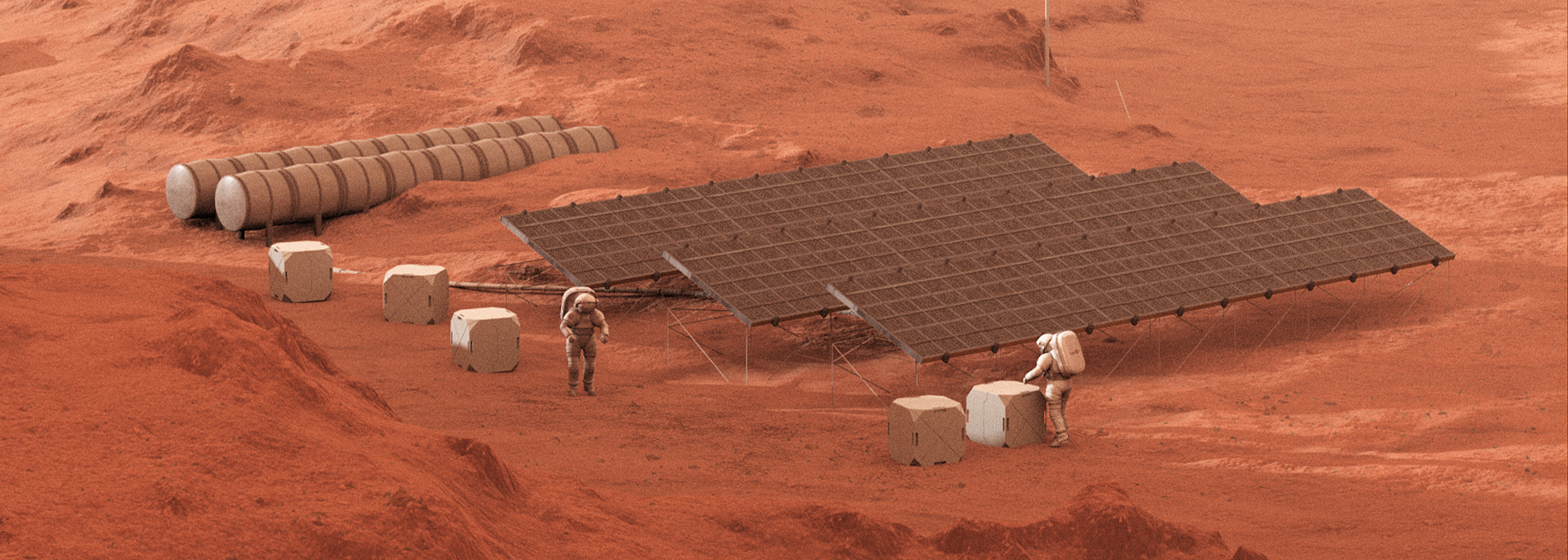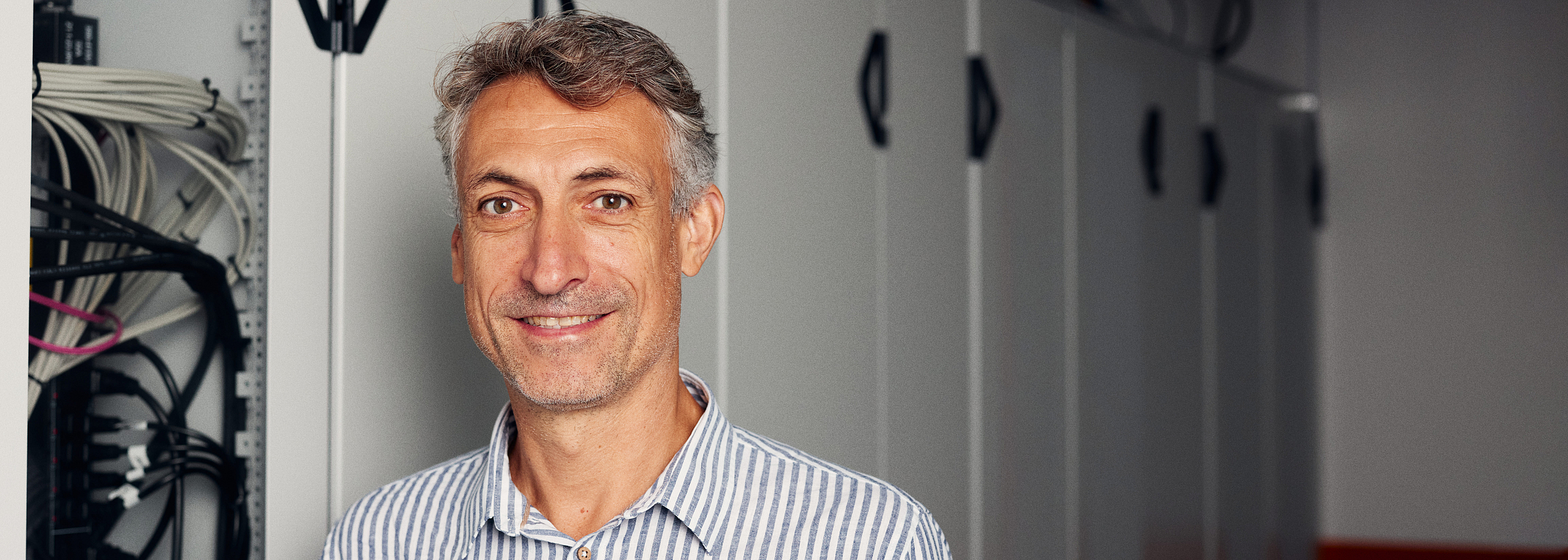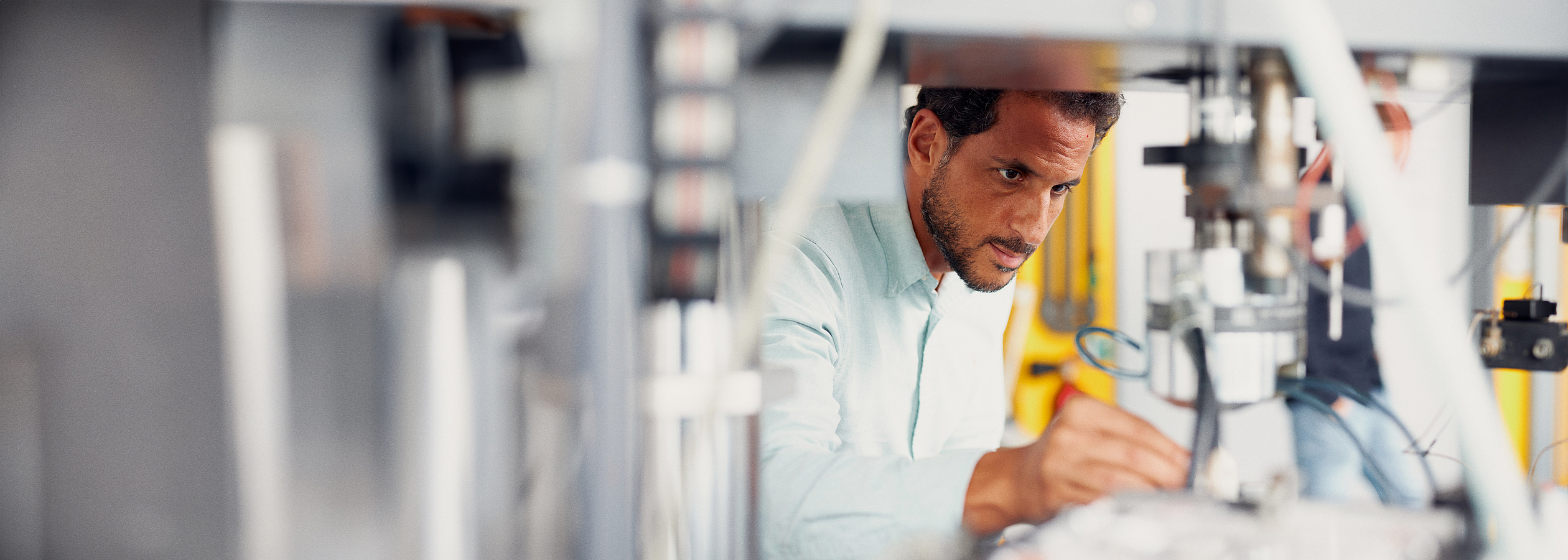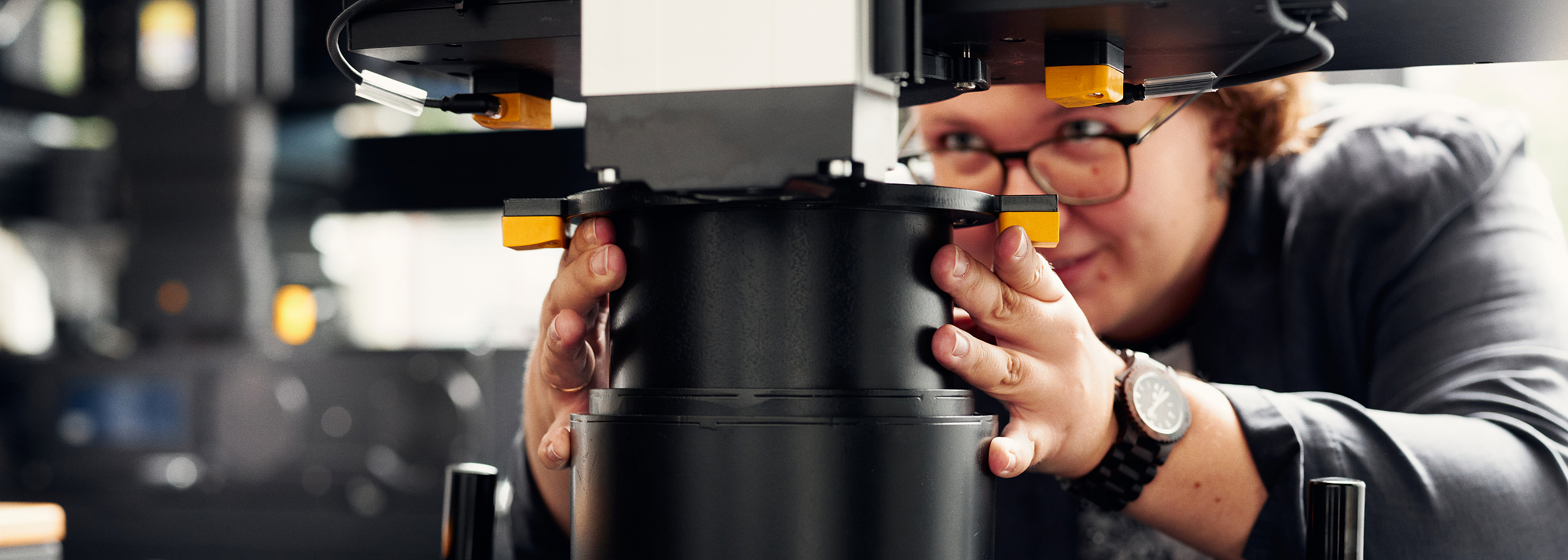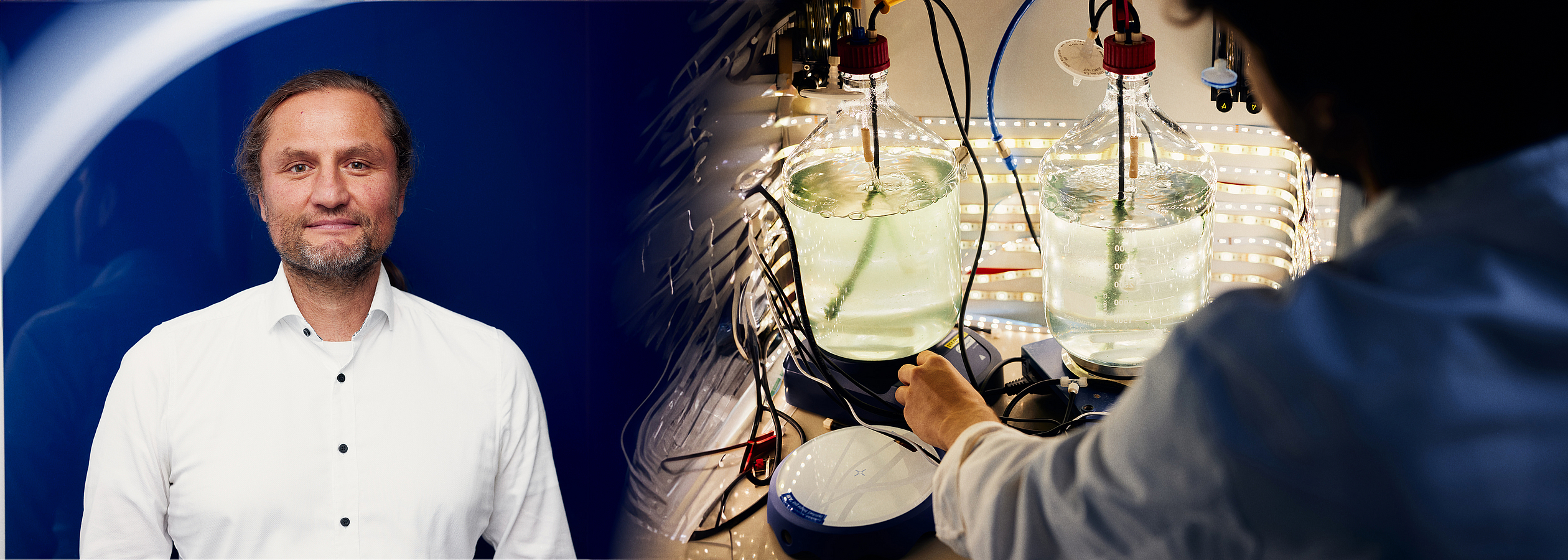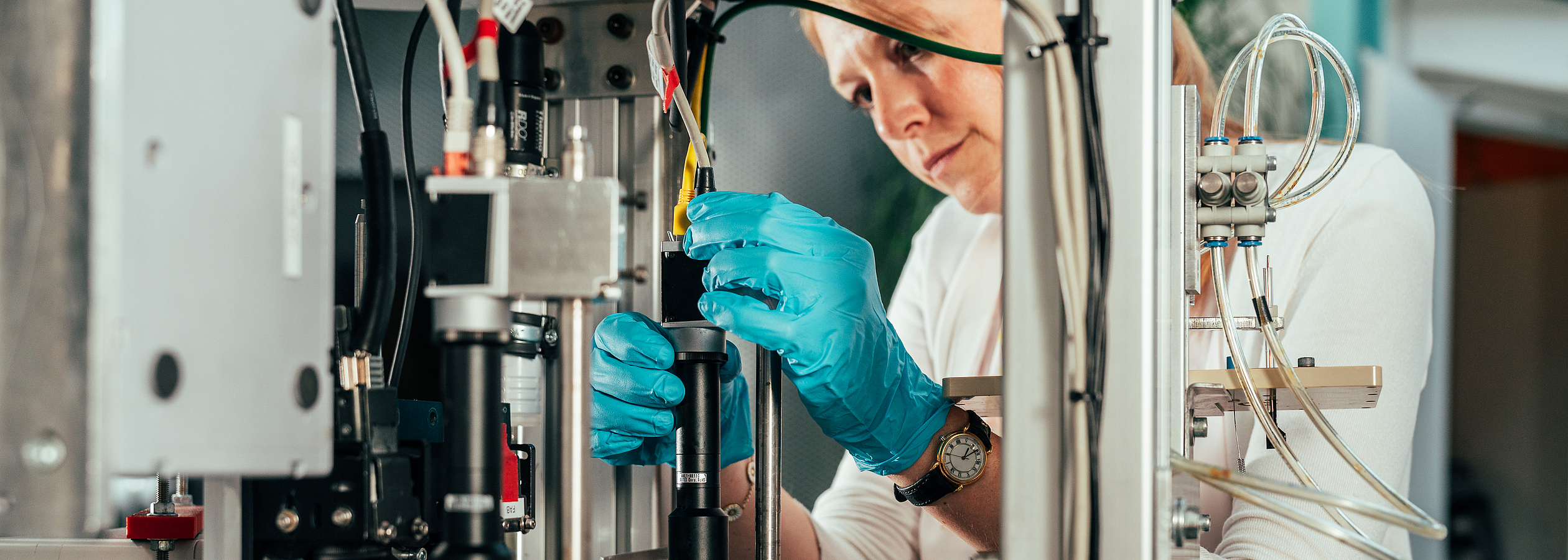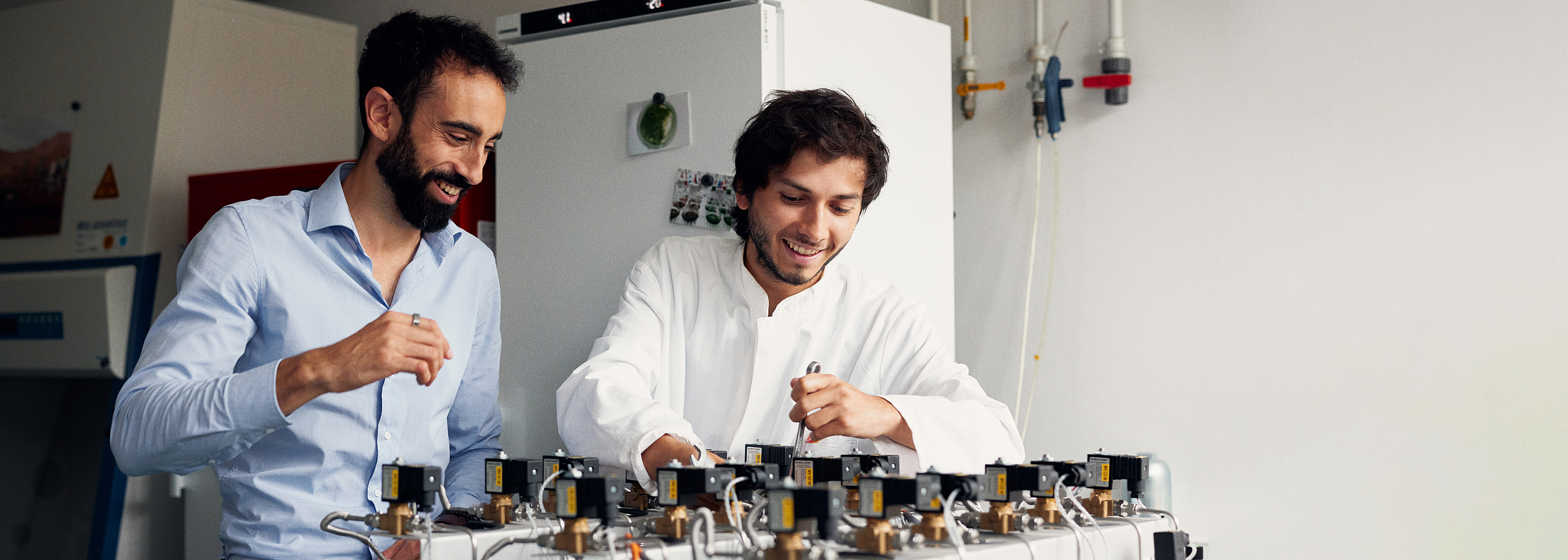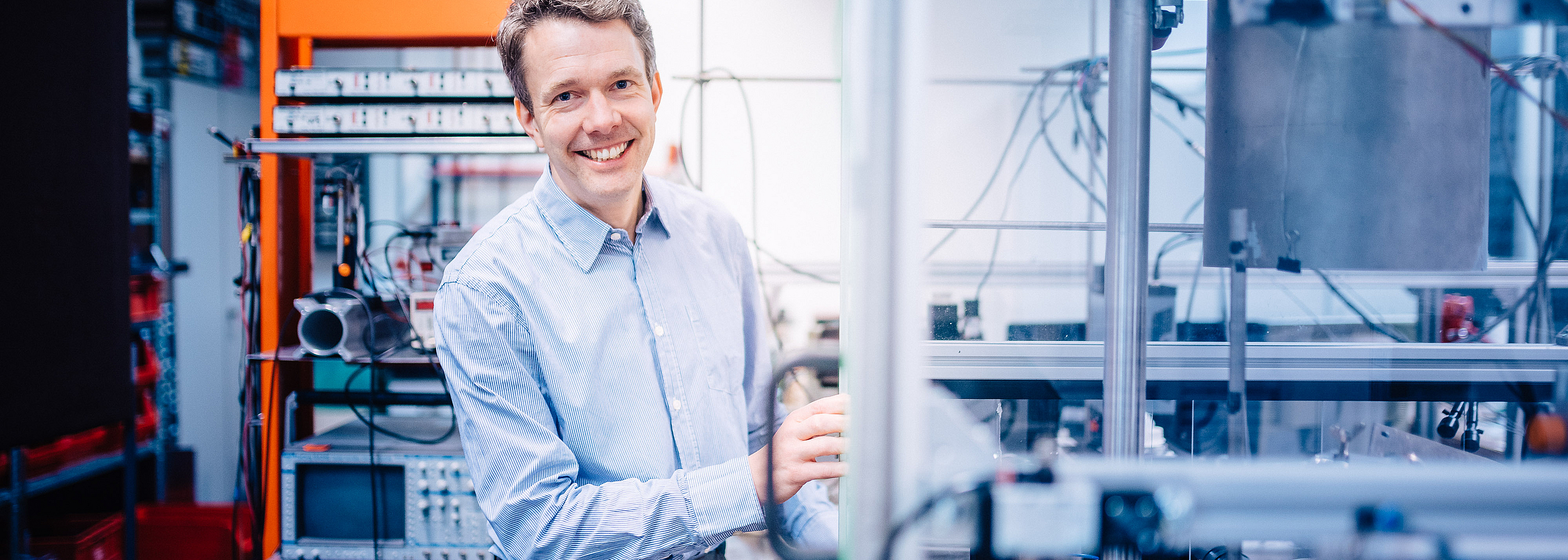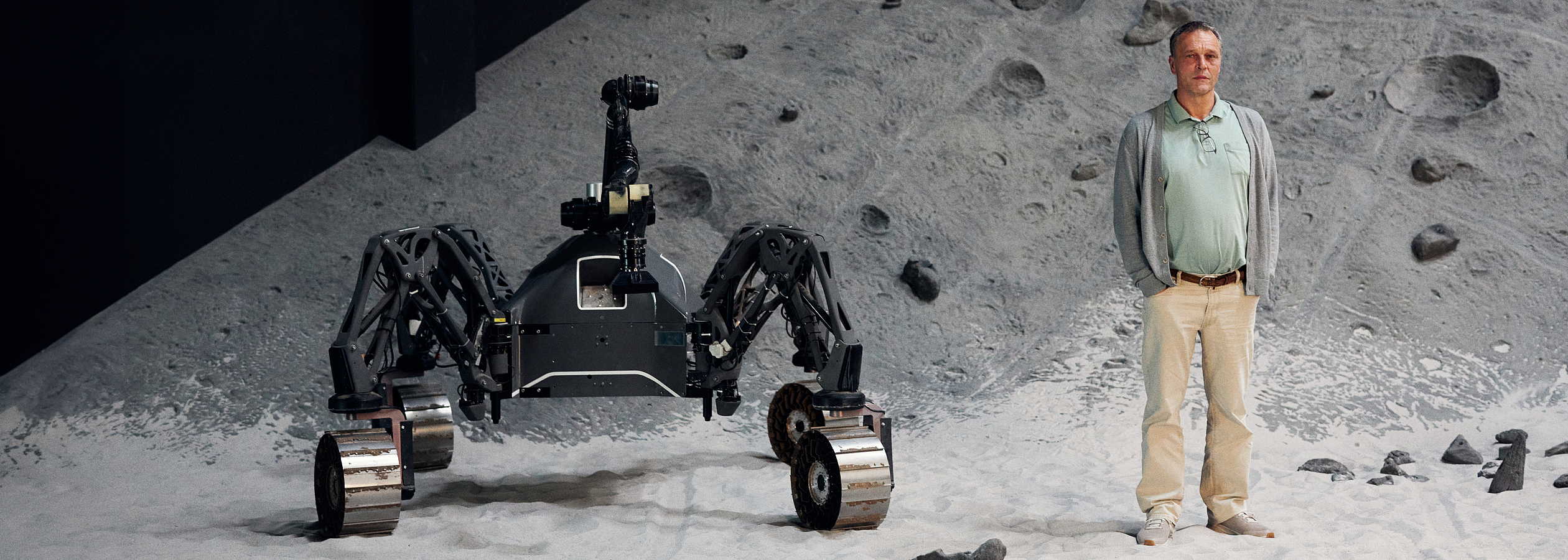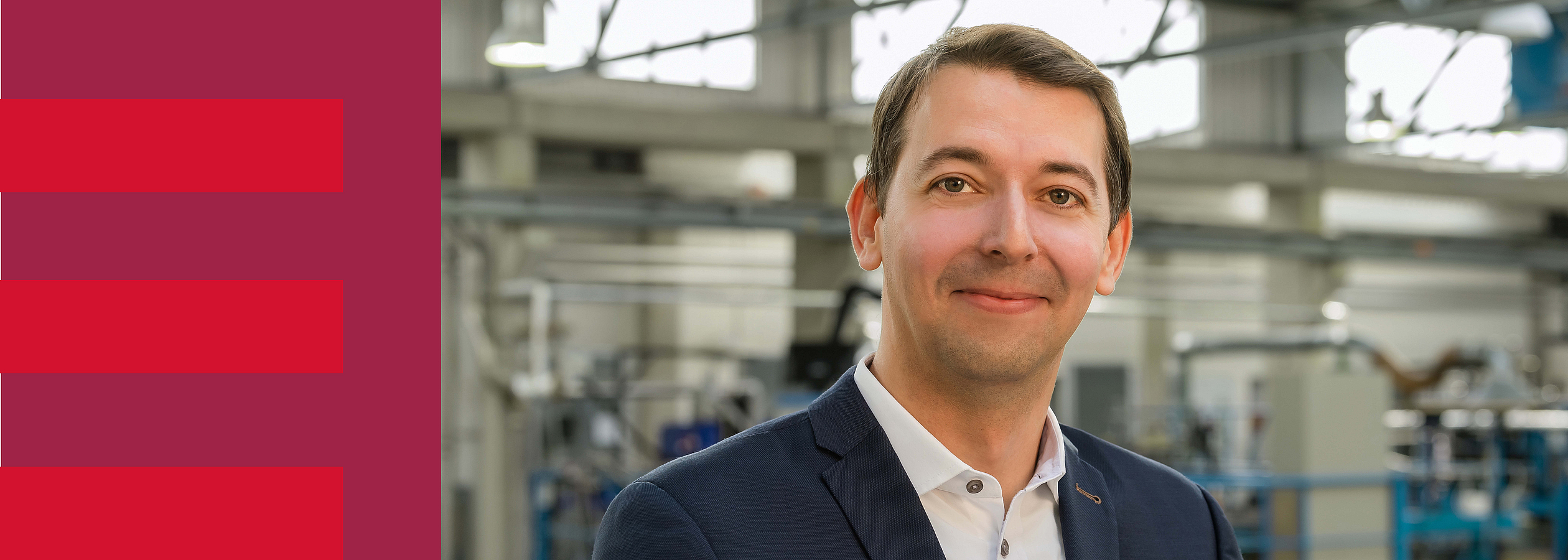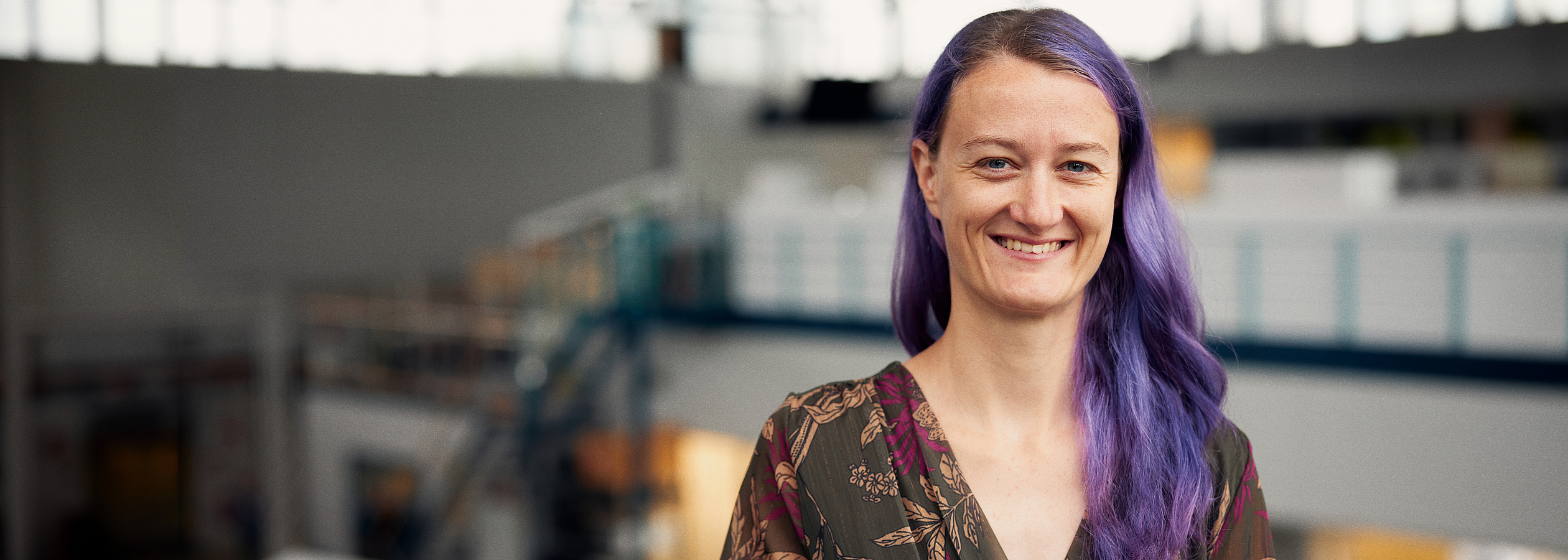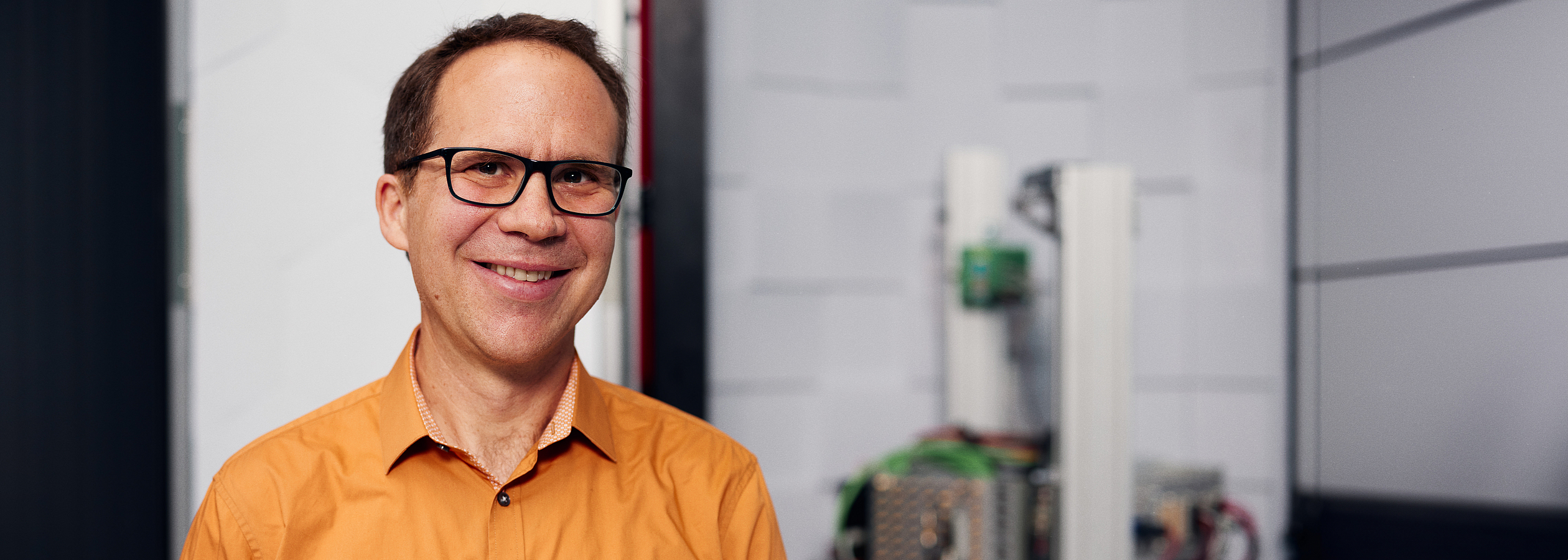
Humans on Mars Initiative
Humans on Mars
We investigate pathways toward a sustainable human exploration of Mars in seven projects funded by the State of Bremen. The projects focus on human factors, such as the interactions and communication between humans and human-machine mixed teams, on habitats and life support systems, and on the responsible extraction of local resources for the in-situ production of consumables and spare parts.
moreNews and activities

© Joris Wegner, Universität Bremen

© ZARM, Universität Bremen
Space Tech Expo 2024

© Science goes Public, WFB
Science goes Public - Robots deserve a seat at the table
Publication highlights
Toward an empathy-based trust in human-otheroid relations

© The Authors, licensed under CC BY-NC-ND 4.0
Resource-efficiency of cyanobacterium production on Mars: Assessment and paths forward
![[Translate to English:] Dependence of cyanobacterium growth and Mars-specific photobioreactor mass on total pressure, pN2 and pCO2 pic](/fileadmin/_processed_/0/b/csm_2024_Verseux_et_al._229e29b989.jpg)
© 2024, The Author(s)

